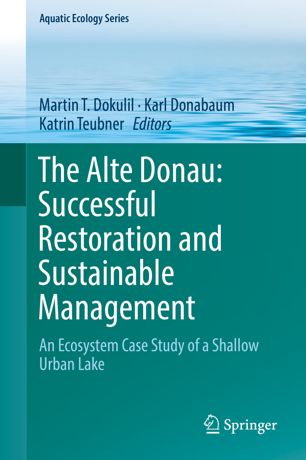

Most ebook files are in PDF format, so you can easily read them using various software such as Foxit Reader or directly on the Google Chrome browser.
Some ebook files are released by publishers in other formats such as .awz, .mobi, .epub, .fb2, etc. You may need to install specific software to read these formats on mobile/PC, such as Calibre.
Please read the tutorial at this link: https://ebookbell.com/faq
We offer FREE conversion to the popular formats you request; however, this may take some time. Therefore, right after payment, please email us, and we will try to provide the service as quickly as possible.
For some exceptional file formats or broken links (if any), please refrain from opening any disputes. Instead, email us first, and we will try to assist within a maximum of 6 hours.
EbookBell Team

0.0
0 reviewsHere we report on a 25-year long-term sequence of measures to return a deteriorated recreational urban lake, Alte Donau in Vienna to acceptable water quality. Metropolitan waters require focused ecosystem management plans and intensive in-lake efforts. We explored physico-chemical conditions, food web from viruses to fish and water birds, the sediments, the littoral zone and the catchment, management and urban planning, and global warming. Several restoration techniques were tested and critically evaluated. The final management plan was based on bi-stable theory. During the recovery phase, numerous surplus adjustments had to be implemented to secure sustainable achievement.